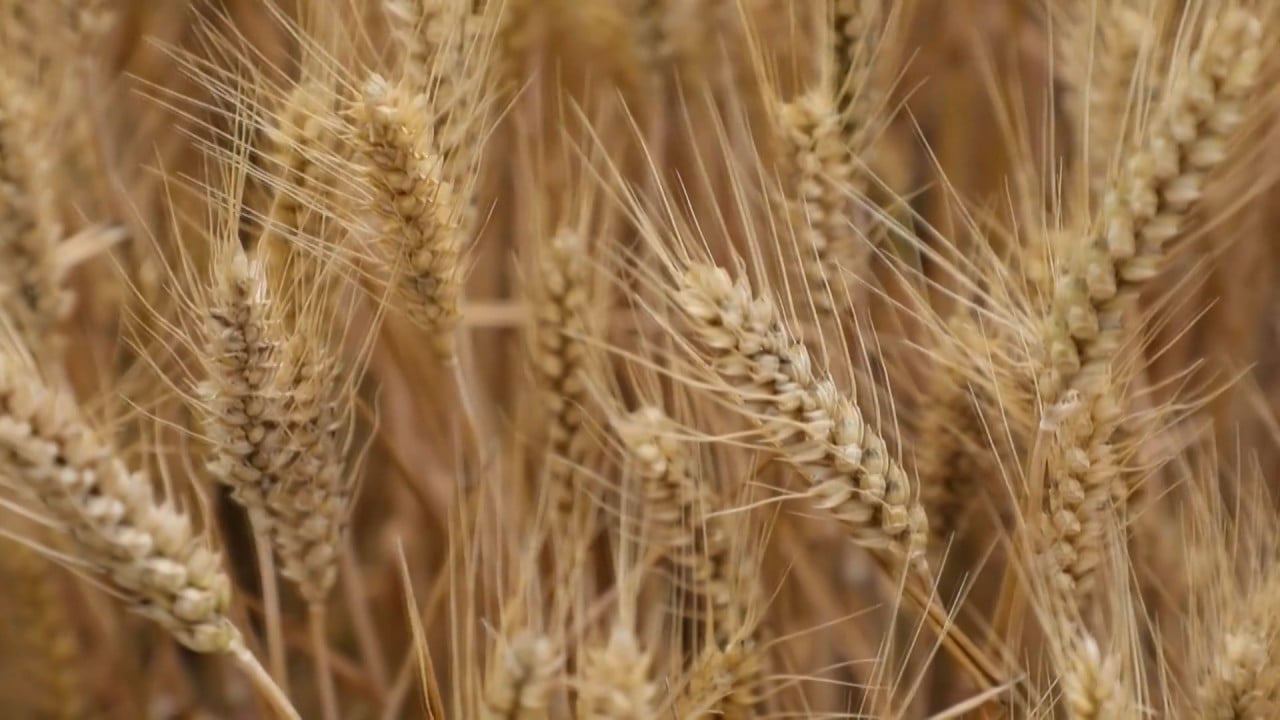China vows to boost crop yields, seed innovation to ensure food security as Xi Jinping calls for investment in ‘lifeblood’ arable land
China should maintain the increased production of soybeans, a major source of Beijing’s insecurity due to the huge volume of imports required annually, after a national campaign to enlarge growing areas since 2019, President Xi Jinping said in a note to the meeting.
China’s seeds, in an agricultural choke hold, must see breeding advancements
Calling arable land China’s “lifeblood”, Xi urged for an increase in investment in “high-standard” farming fields, with a focus on the rich black soil in the northeast, plain areas and well-irrigated regions.
As the world’s top crop producer and consumer, China harvested a record 695.41 million tonnes of grain in 2023, making it the ninth consecutive year it topped 650 million tonnes, the National Bureau of Statistics said last week.
But potential for further increases has become very limited, said Du Zhixiong, deputy director of the Rural Development Institute at the Chinese Academy of Social Sciences (CASS).
“There must be new measures to remain at this level … it’s very important to emphasise the role of technological advancement in seeking future growth,” he said in an interview with official agricultural news portal ntv.cn on Thursday.
The industry has long been dominated by large international companies and seeds bred locally are generally deemed of low quality and efficiency.
Since a seed industry revitalisation plan was launched in 2021, China has pushed its self-reliance rate from 70 to 75 per cent, the Ministry of Agriculture and Rural Affairs said on Wednesday.
China has also been building germ plasma databases for crops and fisheries, as well as livestock and poultry, while a national survey on germ plasma resources has been carried out over the past three years.
This is a very big problem, especially as there may be great impact from climate change in 2024
It can now rely completely on its own breeding technology in hogs and dairy cows, the ministry said.
China is making its land more fertile and productive, but it lacks capability in preventing natural disasters, said Du.
“This is a very big problem, especially as there may be great impact from climate change in 2024,” he warned.
The rural work conference also called for a scheme to balance the interests of different localities as farming becomes more concentrated in certain areas.
A focus on farming still means small economic rewards for local governments as profits remain low, according to a report on the rural economy co-issued by CASS in May.
The average local fiscal revenues per capita in the 13 major food-producing provinces was about 6,300 yuan (US$885) in 2021, about 3,500 yuan lower than the average level of the other provinces, it said.
